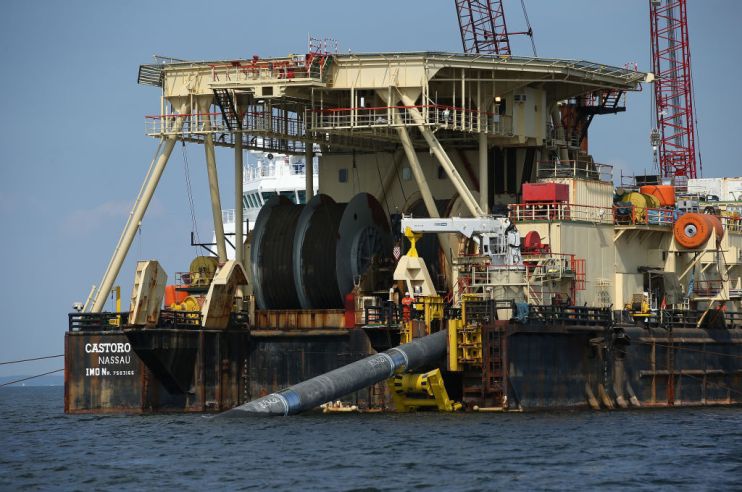E.ON suffers massive drop in profits amid spiralling wholesale costs and Russian uncertainty

E.ON has suffered a 15 per cent drop in first-quarter profits, blaming higher energy prices that it was unable to pass on to customers.
Germany’s largest energy firm revealed its first-quarter adjusted earnings before interest, tax, depreciation and amortisation (EBITDA) fell to €2.1bn, citing a “difficult market environment and high energy prices.”
The results exposed losses at the group’s Swedish and eastern European grid divisions as well as the higher cost of procuring energy.
Russia’s invasion of Ukraine has triggered an increase in wholesale costs due to uncertainty, amid increased uncertainty over whether Russia will keep sending gas to Europe as the West ramps up sanctions.
Spiralling costs have been challenging for companies, particularly with developed economies across the continent bringing in measures to control prices for consumers to ease the cost of living crisis.
With Germany bringing in early-phase emergency measures following Russian demands for rouble payments for gas, there is also the growing possibility this winter of further state intervention in the market.
Meanwhile, E.ON is a shareholder in the Nord Stream 1 pipeline, an increasingly contentious energy route following the invasion.
Nevertheless, the German company has kept its outlook for 2022 and confirmed investment plans of €5.3bn this year.
Chief financial officer Marc Spieker said. “Ending Europe’s dependence on Russian energy imports will require a substantial acceleration of the energy transition. E.ON’s investment program will make a decisive contribution.”
Shares in the company fell to their lowest levels in more than a year on the Deutsche Börse Xetra following the results.
The group said these effects would be temporary and it would be able to recoup the related losses later.
E.ON is the parent company of E.ON UK, which is home to 3.8m customers.